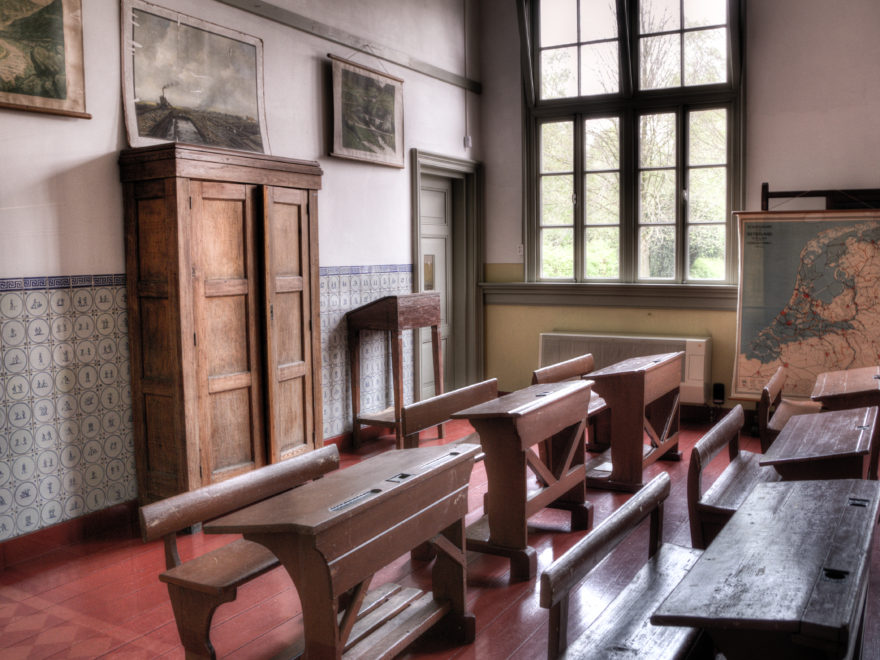Tag: classical tradition
-

Why The History of Narration Matters, Part 1: Charlotte Mason’s Discovery?
I’ve decided to put the series on Bloom’s Taxonomy vs. Aristotle’s Intellectual Virtues on hold for a couple months after contracting with Classical Academic Press to film two courses in December for ClassicalU: one on narration and another on Charlotte Mason’s philosophy for classical educators. So I’m returning to the topic of narration and Charlotte…
-

“Teach Like a Champion” for the Classical Classroom, Part 3: Check for Understanding
It’s happened to every teacher I’ve ever met. You put together a great lesson, one that you are sure will engage the attention of your students and draw them in to explore some new concept or idea. After teaching the lesson and providing opportunities for students to engage, you confidently pass out the exit slip,…
-

“Teach Like a Champion” for the Classical Classroom, Part 1: An Introduction
As classical educators look for tools and resources to strengthen their teaching practices, it can often be difficult to know where to turn. While the classical education renewal movement has led to a resurgence in a fresh vision for the purpose of education and even suggestions toward an ideal curriculum, the movement has not always…
-

Teaching Confident Faith in an Age of Religious Uncertainty
Christianity, as a global religion, is at a crossroads. On the one hand, it remains the largest religion in the world: 31% of the world’s population is Christian, and sociologists predict this percentage to increase to 32% by 2060. [1] On the other hand, the religion is experiencing notable decline in the West. In 2010,…
-

The Black Death and an Educational Renaissance
An infectious disease causes a pandemic that decimates the major urban centers in northern Italy. Doctors are recognized by their masks. The economy is disrupted through the loss of a workforce. The social order is overturned. Many turn to religion as a response to the pandemic, yet dogmatic norms are questioned. The pope issues indulgences…
-

20 of the Most Memorable Maxims from 2019 Educational Renaissance
The end of the year is a good time to take stock and review how far we’ve come. These last few days I’ve been doing this, both for myself through rereading my bullet journals, but also for Educational Renaissance by rereading all the old articles of 2019 in search of gems of wisdom. Along the…
-

The Flow of Thought, Part 4: The Seven Liberal Arts as Mental Games
There’s a lot of talk these days about the war between STEM and the liberal arts (which we are meant to understand as the humanities generally). Often this gets posed as a trade-off between a utilitarian education—training our future engineers, scientists and programmers—vs. a soft education in human skills and cultural awareness. Given the hype…
-

Training in the Arts vs. Teaching Sciences
I have previously written on the classical distinction between an ‘art’ and a ‘science’, but I recently discovered some interesting confirmations of it in Plato and John Milton Gregory (two otherwise widely divergent figures in the history of education). In particular, the chief take-away for teachers is a clearer awareness of when you are focused…
-

Practicing Education: Growing in the Art of Teaching
When I was a child I did gymnastics, and one of the most fundamental aspects of gymnastics is practice. We practiced skills and routines, we stretched and we worked out for hours, far longer than the average sports team practices. Where your average soccer team practiced an hour or an hour and a half a…
-

Less is More: Are Fewers Subjects Better for Schools?
Chris Perrin, over at Inside Classical Ed, suggests that classical schools are offering too many classes. He champions the idea of multum non multa – much not many. Perrin writes, “To study and learn well, humans have learned that it is important to study a few things deeply, even to mastery, rather than to dabble…
